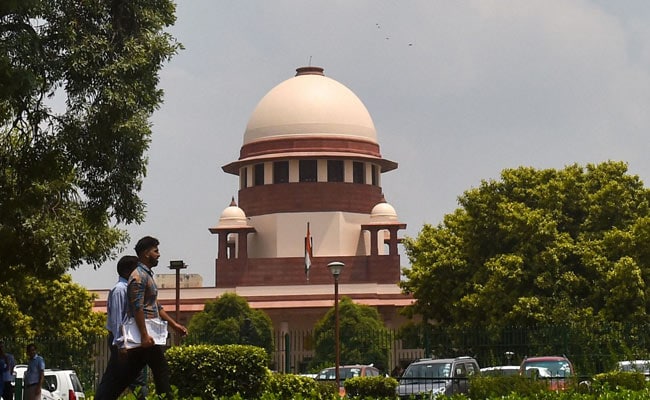The Supreme Court begins its day-to-day hearing in Ram Janmabhoomi-Babri Masjid land dispute case in Ayodhya after the efforts to arrive at an amicable settlement through mediation have failed. A five-judge Constitution bench headed by Chief Justice Ranjan Gogoi will conduct the hearing on a daily basis. The top court had on July 18, asked the mediation panel to inform the court about the outcome of their proceedings as on July 31.
RSS ideologue KN Govindacharya moved the Supreme Court on Monday, seeking live streaming or recording of the day-to-day hearing in the Ayodhya land dispute case, which is scheduled to commence today. A bench comprising Justices S A Bobde and B R Gavai said, "We don't know if we have equipment for live streaming or recording of proceedings."
The dispute involves 2.77 acres of land in Ayodhya, where a 16th Century mosque -- said to have been built by Mughal emperor Babur - once stood. In December 1992, it was razed by Hindu activists who believe that the mosque was built on the ruins of a temple that marked the birthplace of Lord Ram. In the days that followed, 2,000 people died in riots across the country.
Here are the Highlights on Supreme Court hearing on Ayodhya case:
Nirmohi Akhara claims right over disputed 2.77 acre Ram Janmabhoomi-Babri Masjid land, says news agency PTI.
- Attachment order of 1959 was only for the inner courtyard after the property was sent to the government receiver
- In 1961 suit by the wakf board was filed. The suit was only for the inner courtyard
- Undisputed structures in the outer courtyard belong to akhara
- There is no separate access to main temple areas which was claimed by the muslims.
- No muslims even attempted to enter at least since 1934.
- Hindus were allowed to enter and worship.
- After demolition of December 1992 the structures inside the temple were also demolished by mischievous elements


